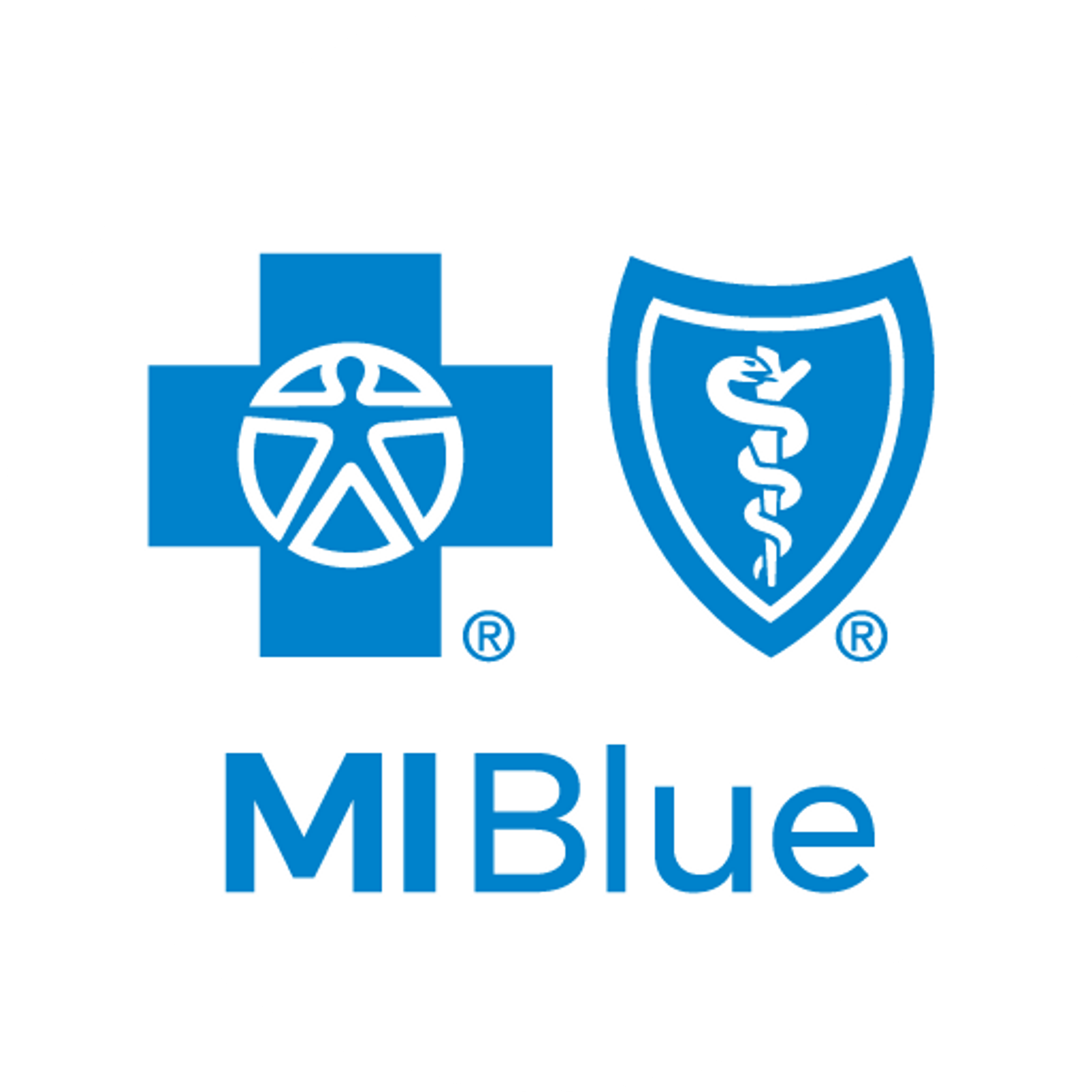Tips for Getting Stress and Anxiety Under Control

Blues Perspectives
| 3 min read

Depressive illnesses, generalized anxiety, various phobias, and panic disorders are more common than we think. About 50% of us will at some point grapple with a diagnosable mental health condition. Luckily, there are ways to identify if what you’re dealing with is stress-related or something more.
Depression and Anxiety
Depression and anxiety are two of the most common mental disorders in the United States. Two online questionnaires can help you gauge whether you may be at risk for these respective disorders:
- For depression, there is a patient health questionnaire called the PHQ-9.
- For individuals who may be struggling with anxiety, there is the Zung Self-Rating Anxiety Scale.
It’s impossible to discuss stress, depression, or anxiety without mentioning alcohol and how it plays into all three. This episode of the A Healthier Michigan Podcast, hosted by Chuck Gaidica, breaks down the dangers of drinking, the importance of sleep, and "Positive Psychology."
Alcohol Use Disorder
Alcohol use disorder can be mild, moderate, or severe, based on the number of symptoms experienced. Doctors can usually diagnose AUD when someone exhibits two or more of these symptoms:
- Drinking more or longer in one sitting than originally intended.
- More than once wanting to cut down on how much you drink but making unsuccessful attempts to do so.
- Spending ample time drinking, being sick from drinking, or dealing with hangovers.
- Wanting a drink so badly you can’t think of anything else.
- Continuing to drink even when you know it causes problems with your physical health, mental clarity, relationships, social life, and your job/career.
- Reducing social activities and hobbies you enjoy so you can drink.
- Using alcohol in situations where it's not safe, like while driving or operating machinery.
- Continuing to drink even though it made you feel depression, anxious or caused another health problem.
- Continuing to drink after experiencing an alcohol-related memory blackout.
- Developing a tolerance to alcohol and drinking more than you once did in single sitting to acquire the desired effect.
- Experiencing withdrawal symptoms — like nausea, restlessness, shaking, sweating, or a racing heart — when you don't drink.
Positive Psychology
If you've never heard of Positive Psychology, it's a technique that asks you to focus on the positive influences in your life, no matter how big or small. The goal is to emphasize both mental and emotional happiness. Techniques to practice:
- Write down three new things (last 24 hours) you are grateful for.
- Describe in writing a meaningful experience from over the past 24 hours.
- Write an email or note thanking one person in your social support network for something they’ve done recently.
Remember, every method discussed in this article is meant to help, not to cure. Self-screening is a tool, but diagnosing is for professionals. If you feel things are getting out of hand, reach out to your primary care physician to figure out your next step.
Like this post? You may also enjoy:
- The Key to Conquering Stress
- Defining Stress: The Good, The Bad, The Unhealthy
- Signs You’re Suffering From Physical Symptoms of Stress
Photo credit: Getty Images





